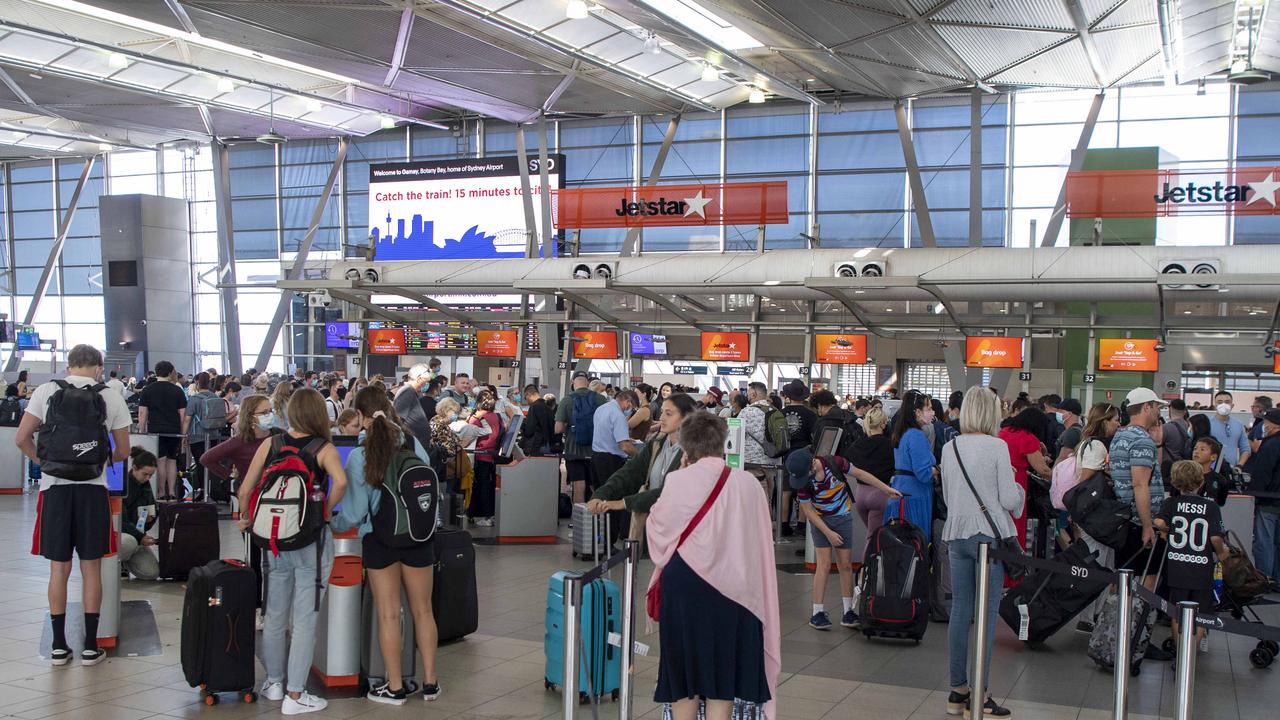ACCC denies Qantas and Japan Airlines deal to co-ordinate flights
The nation’s competition watchdog has dealt a blow to Qantas by proposing to deny a deal the airline is banking on for international travel.
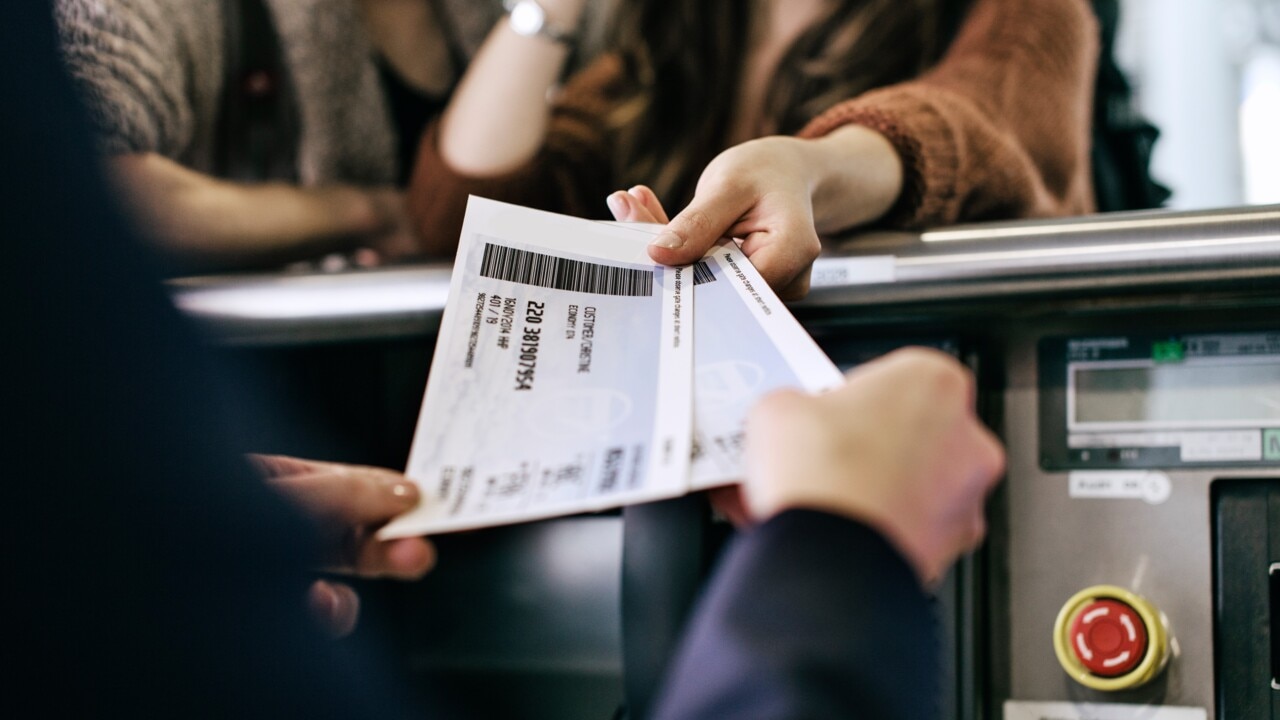
Travel News
Don't miss out on the headlines from Travel News. Followed categories will be added to My News.
Australia’s competition watchdog is set to try to block a deal struck between Qantas and Japan Airlines to co-ordinate flights.
The Australian Competition and Consumer Commission is proposing to deny authorisation of the two airlines signing a five-year deal to co-ordinate flights, which the regulator says would ruin competition on travel routes between Melbourne, Sydney and Tokyo.
“An agreement for co-ordination between two key competitors breaches competition laws,” ACCC chair Rod Sims said.
“This proposed co-ordination would appear to undermine competition significantly by reducing the prospect of a strong return to competition on the Melbourne-Tokyo and Sydney-Tokyo routes when international travel resumes.”
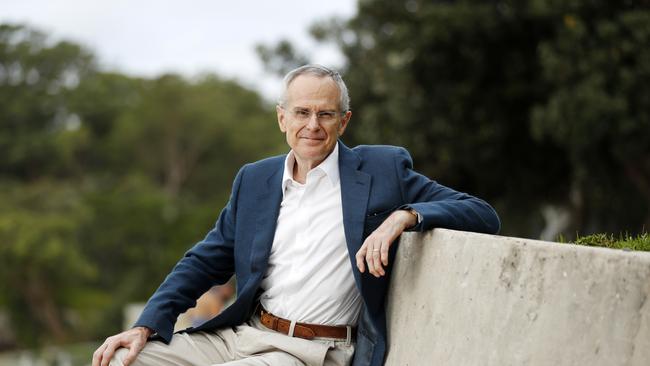
Mr Sims said the deal would only benefit the airlines at the expense of customers.
Jetstar also flies to Japan but is a subsidiary of the Qantas group.
The ACCC said the deal would make it harder for another airline to fly on these routes.
“The airline and tourism sectors have been severely impacted by the COVID-19 pandemic. Protecting competition in the airline industry is critical to ensuring recovery in the tourism sector once international travel restrictions ease,” Mr Sims said.
“Granting this authorisation would seem to eliminate any prospect of Qantas and Japan Airlines competing for passengers travelling between Australia and Japan as they did before the COVID-19 pandemic.”
In a statement, Qantas said it was “disappointed” by the regulator’s position and noted the deal would have been crucial in ensuring the travel sector could recover.
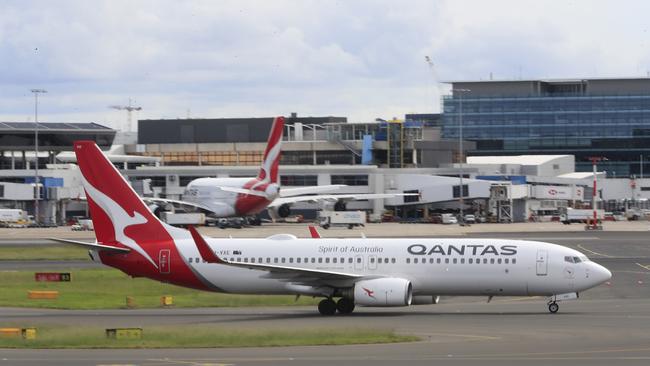
“The international market will look very different post-COVID, and close collaboration between partner airlines is going to be critical over the next few years as key routes are rebuilt,” a Qantas spokesman said.
“Not only would this partnership be good for our business, it would be good for consumers and help key parts of the tourism industry recover.”
Japan is one of Australia’s largest tourist markets in terms of inbound visitors, and Qantas was banking on the deal to assist international flights to destinations such as Cairns and the Gold Coast.
The Asian nation is also the third largest economy and one of Australia’s major trading partners.
Qantas argues the partnership would mean the number of services between the two countries could be ramped up sooner.
“Some of the specific benefits include better co-ordination of flights between Qantas and Japan Airlines so people have more choice, more options for frequent flyers, joint tourism marketing and the return of direct Qantas flights between Cairns and Japan,” the spokesperson said.
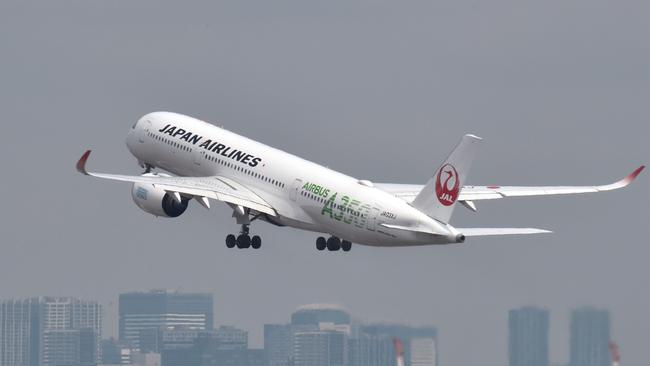
The ACCC said it took into consideration the short-term benefits post COVID-19; however, it said the longer impacts from the deal would dent competition and drive up seat prices on flights.
“We have been willing to be flexible in granting limited exemptions from competition law during this time of severe economic impact on the travel sector due to COVID-19,” Mr Sims said.
“However, we must ensure that this doesn’t open the door to anti-competitive agreements that significantly harm competition in the medium to long term.”
Both Qantas and Japan Airlines will have the opportunity to convince the regulator the deal is beneficial to the travel market.
Originally published as ACCC denies Qantas and Japan Airlines deal to co-ordinate flights


